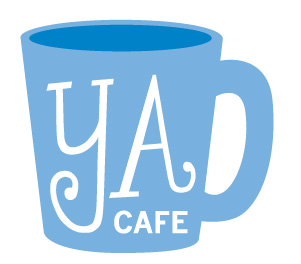 Welcome Back to YA Cafe, where book lovers can gather and chat about teen literature. I’m your barista, along with Ghenet from All About Them Words. Each Friday we pick from a menu of topics and share our thoughts on our respective blogs.
Welcome Back to YA Cafe, where book lovers can gather and chat about teen literature. I’m your barista, along with Ghenet from All About Them Words. Each Friday we pick from a menu of topics and share our thoughts on our respective blogs.
November’s Theme: YA Appreciation Month!
Today’s Special: Book Club! What YA Book are You Thankful For?
First of all, let me start by saying that when it comes to YA, I’m thankful for all of it. The amazing books that shook me to my core. The fun beach reads that kept me entertained on vacations. Even some of those forgettable books that all blur together in my memory. For me, YA is what I read and what I love, so I’m thankful for all of it: the good, the bad, and even the ugly.
But if I had to choose one book that really resonated with me and turned my mind upside-down it would have to be Blankets by Craig Thompson. First off, this gorgeous graphic novel instantly spoke to my visual side. Add to that the part where Raina sews the quilt for Craig (which totally appealed to my love of all things craftsy) and I was sold. But it was the whirlwind romance between Craig and Raina that resonated with me most.
In this book, we see how two teens can go from connecting like soul-mates to having that romance fall apart. And this all takes place in the span of a few short weeks. Their romance reminded me a lot of college romances. Something about being together on a college campus speeds up the pace of relationships. Add in the fact that most college students are either teens or in their very early twenties, and you get the kind of whirlwind relationships like the one you see in Blankets. You can get together, fall in love, fall apart and never speak to each other again, all in a matter of days.
What spoke to me most in this book was (SPOILER ALERT) the end, where Craig and Raina break up for good and Craig destroys everything (minus the quilt) that reminds him of her. Having grown up in a very tight family where loyalty is king, I’ve been raised with this mindset that you either love someone to pieces, or they’re dead to you. There’s no in-between. So when Craig destroys his mementos of Raina, I could relate to that impulse, that desire to get rid of all the memories and start fresh. After all, that’s how I dealt with all my romantic relationships. Until I met my husband.
Lawyer-hubby likes to joke about something I said to him early in our relationship. I don’t remember this incident, but apparently on our second date, I told him that I didn’t break up with boyfriends, I “obliterated them from my life.” I know… charming, right?
That was ten years ago, and I’ve learned a lot since then. About forgiveness. And second chances. And shades of grey. A lot of this learning has been thanks to this amazing man who’s stood by me despite my “moments.” When I read Blankets in 2008, not only did this book remind me of relationships from my teen years, but it also showed me how far I’ve come since then. And that’s a lot to be thankful for.
What about you? What YA book are you thankful for? Tell us in the comments or by tweeting with the #YAcafe hash tag. And don’t forget to check out Ghenet’s post to see what YA book she’s thankful for!

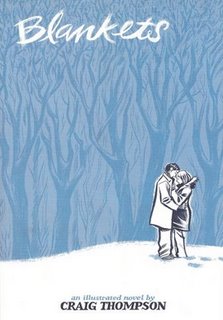

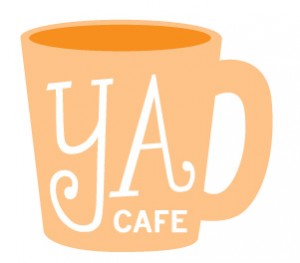
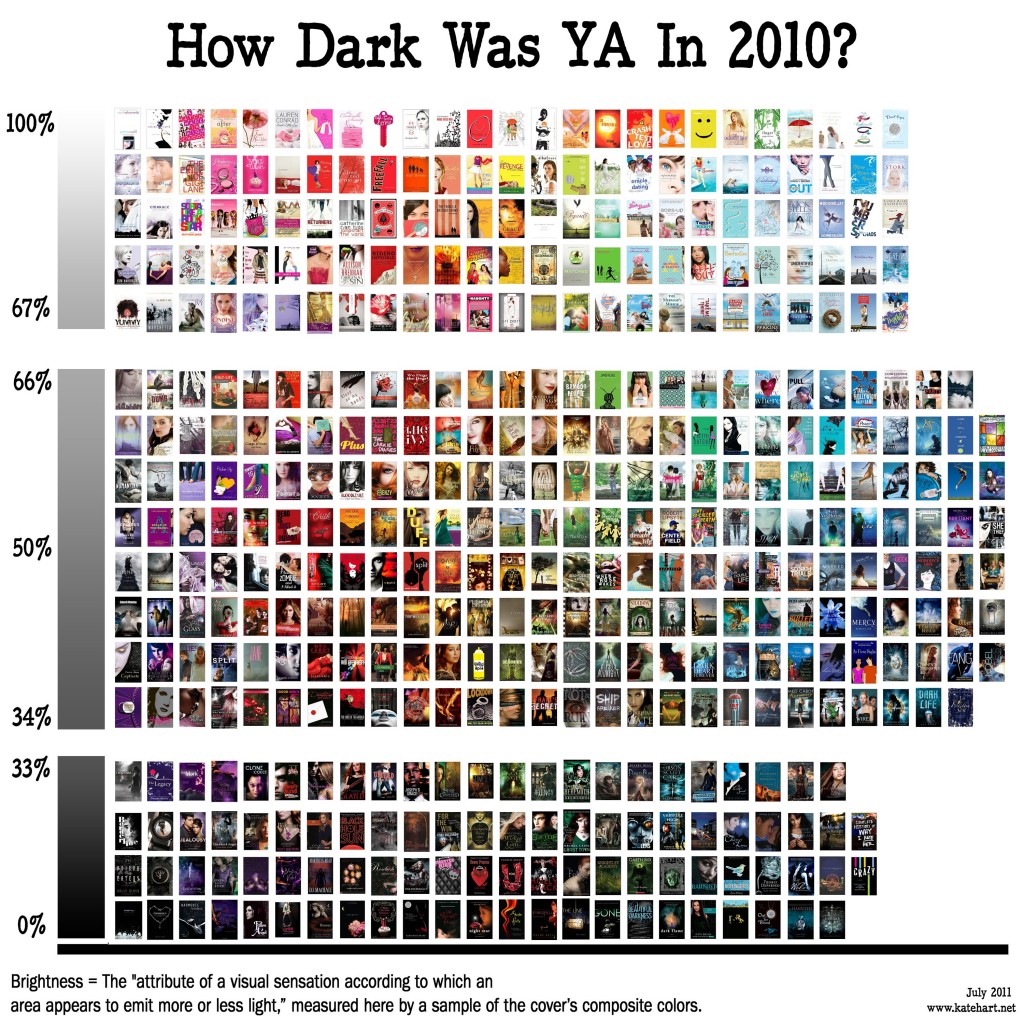
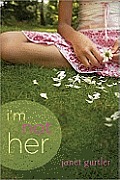
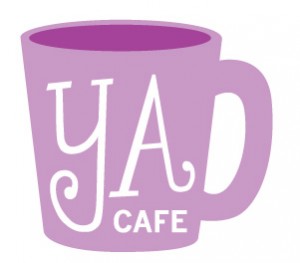
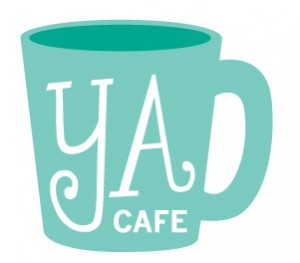





 Call me Gabi (pronounced gah-BEE). I'm a writer, freelance teacher, and a lover of books and words. I'm also the instigator of DIY MFA. iggi's my sidekick, but he thinks he's the brains behind this operation.
Call me Gabi (pronounced gah-BEE). I'm a writer, freelance teacher, and a lover of books and words. I'm also the instigator of DIY MFA. iggi's my sidekick, but he thinks he's the brains behind this operation.
 ROW80 Check-In (4)
ROW80 Check-In (4) YA Cafe Book Club: The Unbecoming of Mara Dyer
YA Cafe Book Club: The Unbecoming of Mara Dyer YA Cafe: Building Suspense
YA Cafe: Building Suspense